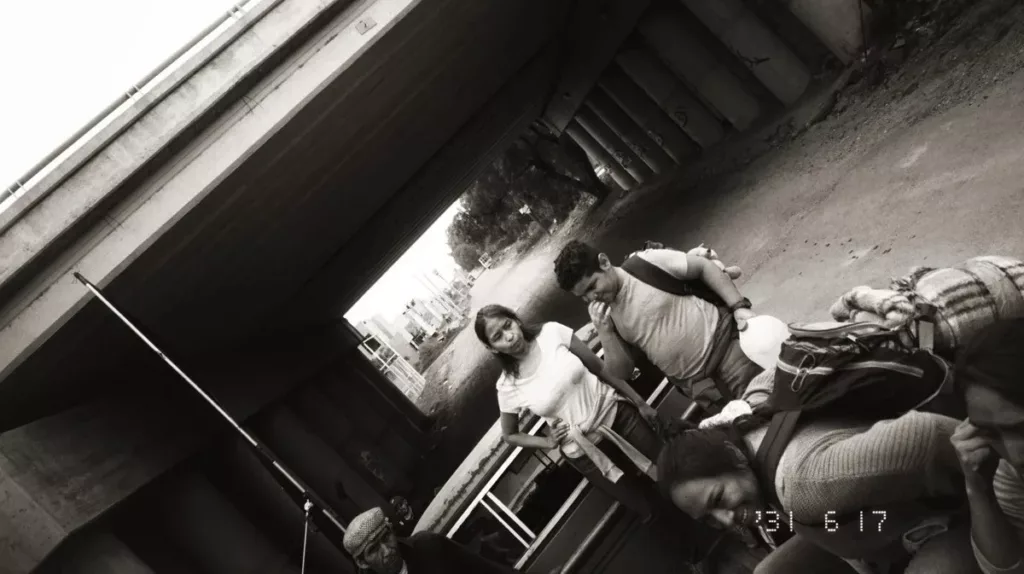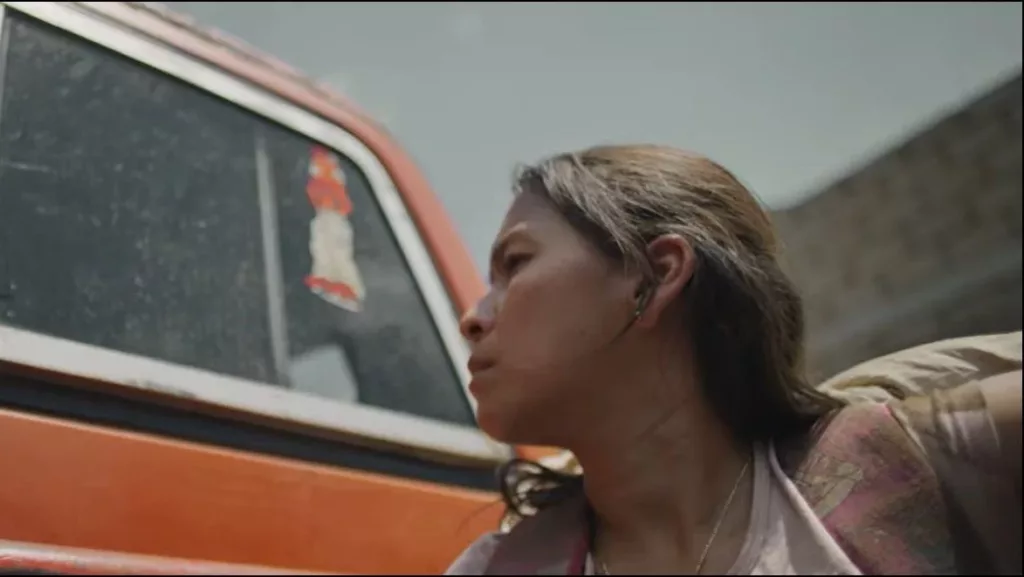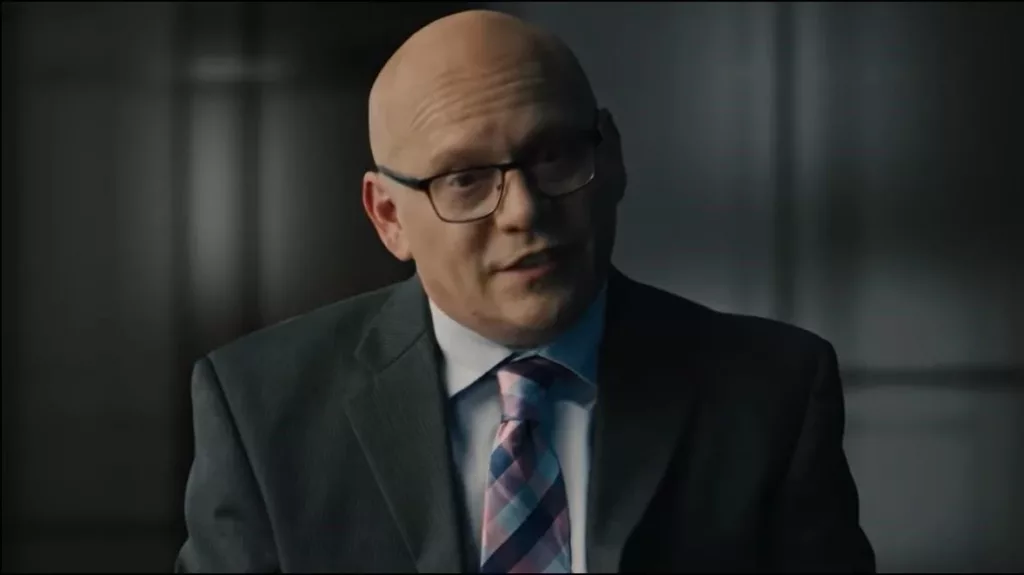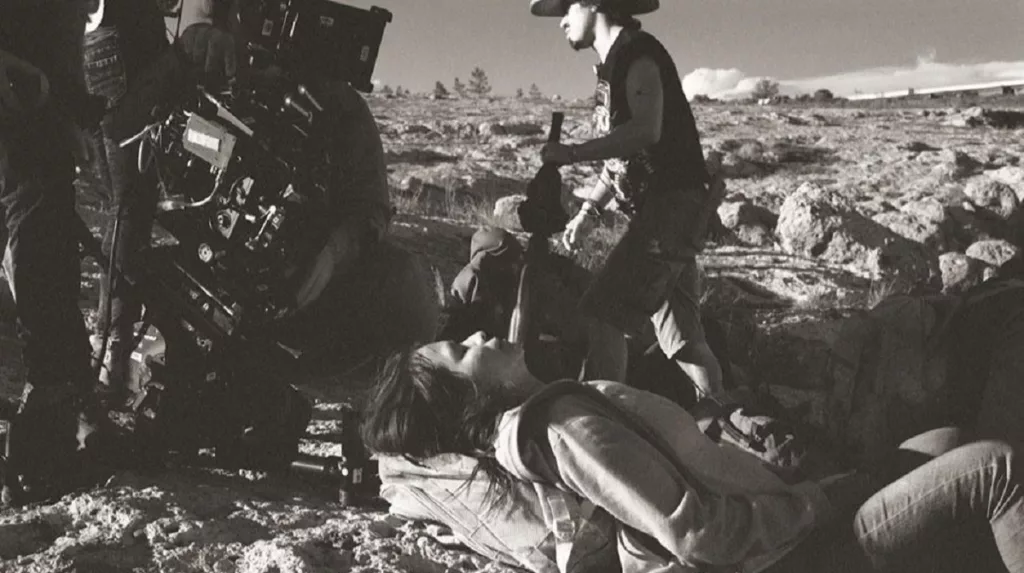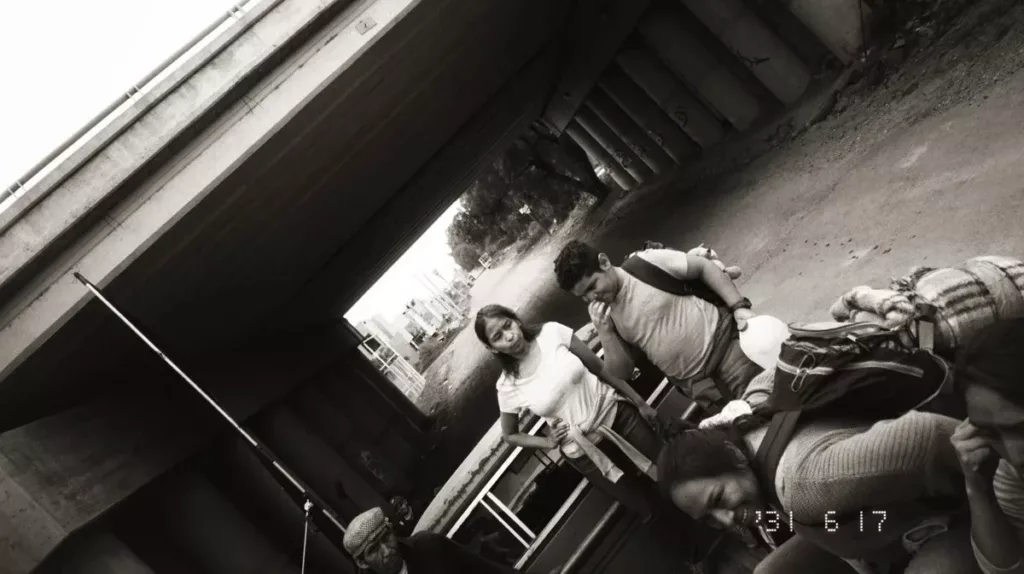It was a troubling time in recent history. In early 2017, just after taking office, the new administration put a cruel plan into action. They would take children away from their parents at the southern border. The goal was to discourage others from coming to seek a better life. But in reality it caused immense suffering.
Veteran filmmaker Errol Morris wanted to shed light on this painful period. His film “Separated” captures the full story through meticulous research. It’s based on award-winning journalist Jacob Soboroff’s book, which uncovered what really happened. Both Morris and Soboroff interview those involved, from officials who helped enact the plan to those who fought against it. We also hear archival recordings showing the real impact on families.
Morris guides us through step by step. We learn how the idea formed and was carried out. Government agencies meant to help ended up being used to cause harm instead. It’s clear many struggled against this change but weren’t able to stop it. Through it all, Morris maintains an impartial yet urgent tone. He recognizes the importance of setting the record straight so such events aren’t so quickly forgotten or repeated.
With his insightful direction, Morris ensures we fully comprehend one of the darker episodes in recent times. Through both factual information and emotional stories, “Separated” leaves an unforgettable impact. It presents a sobering illustration of a policy that tore families apart and continues affecting lives today. In bringing this difficult period to light, Morris performs a valuable public service that could help guide us going forward.
Illuminating Bureaucratic Failures
Errol Morris employs a thoughtful approach in Separated. He crafts a nuanced story through interviews and reenactments. Government officials and reporters provide vital insider accounts. But Morris also strives to personalize horrific statistics.
He includes poignant dramatizations following a mother and son’s harrowing border crossing. These scenes complement the factual discussions. While brief, they remind us real people faced such dangers. More firsthand migrant perspectives could have deepened the impact.
But Morris maintains a diligent focus on objectivity. Through Jonathan White and Jacob Soboroff, we learn how the policy unfolded step by step. Bureaucracies evolved from assisting refugees to actively threatening families. Emails and memos lay bare administrators’ euphemistic language.
These technical portrayals could seem dry. But they illuminate a tragic story often obscured by red tape. We see how good intentions became twisted until the most vulnerable suffered gravely. Paralleling drudging paperwork with emotive journeys, Morris casts meaningful light on institutions’ immense impacts.
While some fault brief fictionalizations, most will appreciate Morris centering real victims. His direction spotlights those committed to justice while carefully framing culpable parties. Separated astutely dismantles the mechanisms enabling horrible acts, not just vilifying figureheads. Morris balanced sympathy with reservation, illuminating institutional failures through well-rounded storytelling.
Revelations and Restrictions
Separated spotlights crucial figures through Morris’ skilled direction. Officials tasked with assisting migrants, like Jonathan White, express justified fury over twisted mandates. White’s interview conveys righteous passion contrasting bureaucratic apathy.
Morris crafts Lloyd as the unknowing executioner. As head of refugee support, this appointee suddenly oversaw thousands of imprisoned children. Lloyd appears a dupe for authoritarian commands, not the mastermind. But under questioning, his motive remains obedience over mercy.
Viewers learn deeply from such varied public servants. Yet the absence of strategy’s true architects leaves incomplete insight. Stephen Miller and Kirstjen Nielsen shaped and then denied these policies. Without confronting their rationale, accusations float without full context. Disconnected from design, lower officials seem scapegoats for a directive’s dark ideology.
By illuminating sympathetic resisters, Morris indicts a regime that perverted duty. However, excluding policy’s prime instigators restricts accountability. Their missing perspectives lend an impression of evasion over explanation. Separated shines through committed individuals, but governance emerges dimmer without entire vistas. Responsibility remains dispersed where concentrated culpability belongs.
Still, Morris triumphs, depicting consequences’ human toll. If higher powers stay shadowed, lower figures stand in stark relief against a tragic storyline’s full lights. Through resilience and failure, all are defined in their struggle’s violent scenes.
Peeling Back the Red Tape
With forensically precise storytelling, Morris unveils how detached directives devastated lives. He assembles a damning paper trail through emails, memos, and precise sequencing. We observe the policy’s conception through administrators’ antiseptic exchanges. Euphemisms cloak a purpose that ripped families apart.
Bureaucratic layers buffered those crafting rules from human tolls. Technical language shielded the inhumane. But Morris strips this distancing facade away. Against urgent portrayals of migrants’ journeys, cold procedure takes on harrowing implications.
This contrast powerfully amplified victims’ plights, revealing how persons became mere numbers. More legal context of what substantiated claims of deterrence may have strengthened Morris’ severing of people from process. But his excavation undeniably indicts.
We see hatred blossom where care and compassion ruled before. Bureaucratic sabotage perverted principles of help into instruments of harm. Morris pens a damning autopsy from these paper cadavers. His vivisection of interpersonal protocols against volatile impacts achieves a galvanizing effect.
Peeling bureaucracy’s bland veneer, he discloses institutionalized torment. By parsing policies’ provenance and dissociating designs from their dreadful effects, Morris meticulously indicts through lucid storytelling the failures that stemmed from frigid procedure poorly concealing a regime’s venomous objectives.
Facing the Human Cost
Morris crafts brief yet affecting scenes portraying dangers faced by those fleeing their homes. We glimpse the belongings they cling to, terrain traversed on foot with hope for refuge ahead. Through such intimate glimpses, statistics become stories of resilience against adversity.
Yet the film would find fuller power, granting direct voice to those enduring such journeys. Reenactments highlighting policy’s human impacts could shine braver if immigrants spoke from experience rather than through distant actors. Statistics personalize but fall short of those living the reality.
The filmmaker strives to connect a young family’s ordeal to soulless policies ramped against them. But melodrama overshadows authentic perspectives that might have driven the point home. Firsthand migrant testimonies could have transformed a sympathetic symbolism into a moving call to conscience.
Still, Morris presents a sobering portrait of those fleeing terrors outsiders rarely see. If bluntly portraying trauma’s toll, he spotlights humanity amid political machinations treating people as pawns. Ultimately, the director underscores suffering amid controversy around those crossing borders with nothing but their lives at stake.
A Call to Remember
With Separated, Morris aims to ensure this troubling period isn’t so easily forgotten. He suggests Americans became too willing to look past such injustice as new outrages arose. But thousands remain divided from families today.
Morris leaves us with a sobering parting message. This cruel policy that terrorized so many trying to build better lives could resurface in another stroke of a pen. His film preserves this chapter as enduring testimony, lest its horrors repeat going unlearned.
Through masterful storytelling, Errol Morris revives a subject not granted its due consideration. “Separated” stands as a permanent record of how principles were betrayed and vulnerable people dehumanized. By personalizing cold statistics and excavating bureaucratic maneuvers, he casts a stark light on institutional failures.
Most will walk away shaken yet thankful for such an eye-opening account. Morris spurs us to heed these lessons rather than repeat past mistakes. In capturing a dark time that so easily fell out of view, he performs a vital public duty. Perhaps his call to remember might help prevent such sufferings from ever being so casually dismissed again.
Illuminating Hidden Truths
Acclaimed documentarian Errol Morris has long unearthed profound truths through his diligent storytelling. Separated proves no exception, even if achieving mixed results merging fact and fiction.
Forensic analysis and powerful testimony expose the monstrous machinery that tore countless lives apart. Only a craftsman of Morris’ caliber could pinpoint accountability through bureaucracy’s smokescreens. Yet intimacies remain elusive without those most affected recounting harrowing experiences themselves.
Overall, few compile evidence as comprehensively while maintaining objectivity’s rigors. Separated triggers visceral outrage toward inhumanity rationalized as policy. More than accusations, Morris’ brilliance lays bare institutional failings and ones we all must address within.
Amid the uproar sure to resurface this election cycle, may its affect remain long after initial outrage dies down. If catapulting an issue from obscurity, Morris again succeeds with a work certain to lodge in minds and motives. Not answers, but unavoidable questions linger, challenging us all to see past borders between propaganda’s targets and our shared humanity. In shining needed light, his mission, like the suffering he depicts, is rarely easy but always of vital importance.
The Review
Separated
In crafting a scathing indictment of the Trump administration's cruel family separation policy, Errol Morris has illuminated an injustice that America would do well not to forget. Though not without flaws, Separated achieves its aim of conveying through vivid testimony and evidence the profound human toll of bureaucratic procedures distorted for harmful ends. This illuminating work stands as a severe but indispensable account holding accountable those who would subvert public duty to primal fearmongering.
PROS
- Thorough research and compilation of evidence unveils the step-by-step implementation of the policy through emails, memos, and interviews
- Powerful testimonials from officials like Jonathan White convincingly indict failures while commending defenders
- Underscores the lasting impacts through leaked audio and statistics of families still divided
CONS
- Reenactments of migrants' journeys could have been strengthened by including their firsthand perspectives
- Too often, it leans towards dramatization over letting raw facts speak for themselves
- Lacks sufficient historical and legal context around related deterrence claims









































